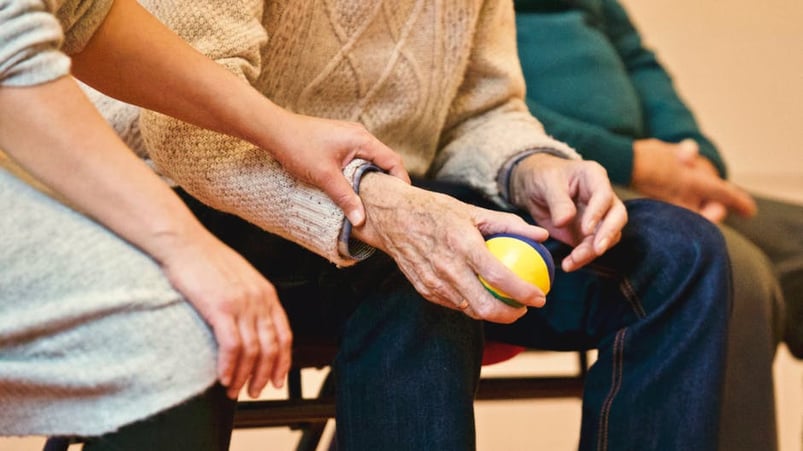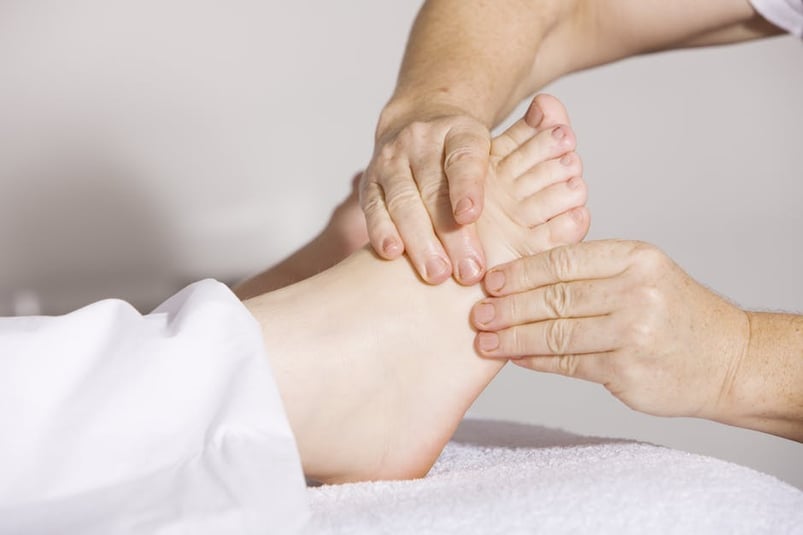
Naturally, most seniors want to stay in their homes as long as possible. It’s where they’re comfortable, where they feel most at ease and where their loved ones can easily visit, stop by and spend time.
Home care offers seniors the ability to do just that -- to stay in the homes they know in love, while also getting the care they need to ensure a healthy, safe and long life.
But home care isn’t the best -- and especially not the safest -- choice for everyone. Is it right for your family member? Can it provide them the care they need for the long term? If not, what other options exist?
Let’s take a look now.

Is Home Care Right for Your Loved One?
Home care isn’t the right choice for every senior. In general, it is best reserved for aging adults who don’t need round-the-clock care or have a serious injury or illness. Alzheimer’s and dementia patients, for example, are better left in the hands of a full-time care team at a medical clinic or memory care center. If memory care is a concern, check out our "Memory Loss and Memory Care Guide" for more information.
Seniors best served by home care services include those in need of:
● Rehabilitation or therapy after a surgery or illness
● Help with medication administration, injections, etc.
● Wound care
● Heart rate and blood pressure monitoring
● Help with IVs, catheters and other medical devices
There are also non-medical home care services that can benefit seniors by providing things like:
● Transportation to and from doctor’s appointments
● Housekeeping, cooking and cleaning
● Assistance with dressing, showering, etc.
● Managing medications
● Companionship
Seniors with more serious day-to-day needs should look to a full-service, off-site facility that can provide a wider range of care services. Home care is designed to be short-term, part-time and for minor needs and health conditions.

Other Considerations
In addition to considering the health conditions and needs of the aging adult in your life, you’ll want to take a few other factors into account when deciding between home care and a full-time facility.
For one, consider payment. What will your loved one’s Medicaid, Medicare or other insurance cover? What about their Social Security payments? Many times, these insurance programs won’t cover home care except when it’s absolutely medically necessary. Be sure to talk to your insurance provider and your loved one’s accountant before making your decision.
You’ll also want to think about timing. How long will your loved one need this care? If it’s just for a short stint after surgery or hospitalization, home care may be the best and most affordable option. But if their needs will be longer term and wider in scope, you may want to look to more permanent solutions to get them the care they need.
Other situations when home health care may be best include:
● After a medication change, when your loved one needs to be monitored for interactions or side effects.
● Following an accident, when the senior must be evaluated for their physical abilities and independence in their home.
● After the loss of a spouse, when the adult must learn to cope with living solo and caring for themselves without assistance.
Your best bet is to sit down with your loved one and their primary care doctor for an honest conversation about their health condition and mental and physical needs. In some case, the senior may voice a preference to stay in their home and receive care, but their doctor may recommend otherwise. Try to keep your loved one’s long-term health your primary goal, and do what is best for their well-being -- even if that may mean going against their wishes in the short term.

Benefits of Home Care
If home care is right for your loved one, it can have serious benefits for their mental and physical well-being.
For one, in the event the home care is covered by insurance, it can save a senior’s estate thousands upon thousands every month. This leaves more funding for medical care down the line -- or more to leave loved ones once the senior has passed. Both of these can provide solace for an aging adult.
It can also:
● Allow your loved one to age with dignity
● Keep the senior comfortable and more at ease
● Reduce stress and anxiety
● Improve feelings of independence and confidence
● Increase overall quality of life
Home care can also make it easier for family members and loved ones to visit, assist with the senior’s care and provide a sense of normalcy in their life. This can often make coping with aging or losing a spouse a less painful process.

When a Full-service Facility is Best
Many times, a full-service senior community is a better fit than home health care, simply because of the broader range of needs it can meet.
A full-service facility like Ganton’s Countryside, for example, provides a wide array of benefits for residents, including:
● 24-7 medical care
● A dedicated memory care center
● Social opportunities
● Daily meals and assistance with bathing, showering and hygiene
● Enrichment programming
● Rehabilitation services
● Special events
● Educational resources
Always be sure to bring your loved one along when considering senior community options. No two communities are alike, and it’s important that seniors find a place where they will feel comfortable, cared for and safe above all else. Encourage them to ask questions, voice concerns and tour as much of the facility as they like before you sign on the dotted line. You, your loved ones and your family members should all approve a facility before finalizing your decision.
Consider Ganton’s
Whether your loved one needs home care or a full-service community, Ganton’s Countryside can help. Our home care program provides therapy, rehabilitation services or even just companionship, and our community offers an immersive environment of care and comfort. Come tour our facilities to see for yourself.
